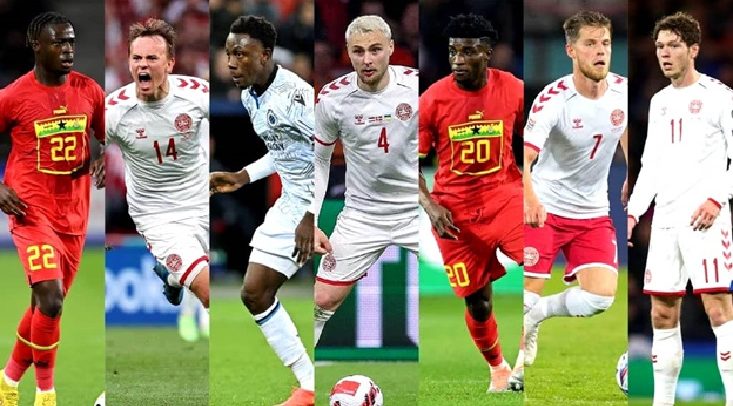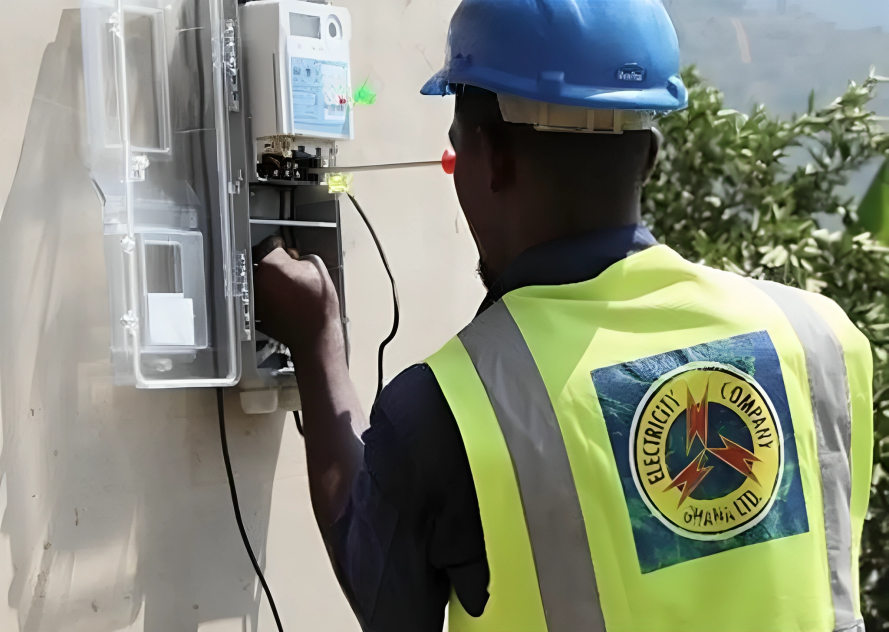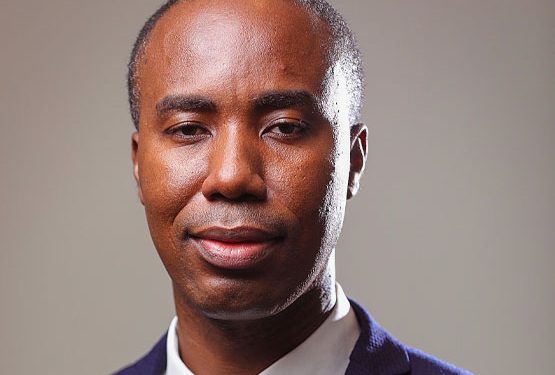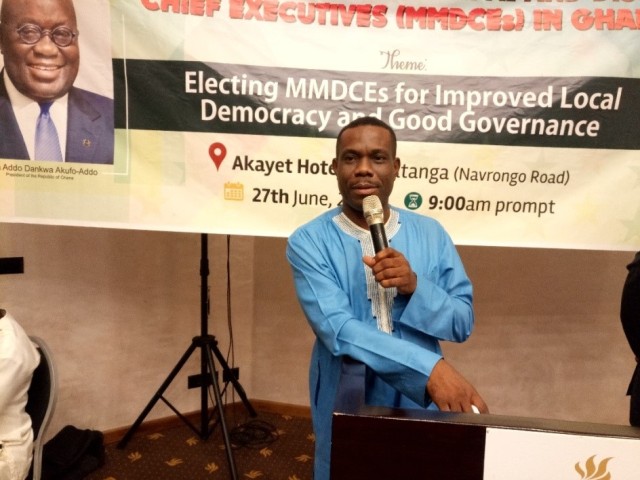
London — Countless boys in West Africa enrol in football academies to establish a career at one of Europe's top teams, yet many of them are duped by unscrupulous men posing as agents
Floodlit stadiums, adoring fans and huge salaries - following in the footsteps of transfer-record breaking football superstars such as Neymar and Kylian Mbappé and playing for one of Europe's leading clubs is the dream of every young player worldwide.
But beneath the big money headlines is an underbelly of exploitation of youngsters from developing nations, experts say.
Countless boys in West Africa enrol in football academies, giving up on an education and splashing the family savings in their quest to establish a career at one of Europe's top teams.
Yet many of them are duped, taken abroad and dumped by unscrupulous men posing as agents, according to activists.
Tom Vernon, founder of Right to Dream (RTD) football academy in Ghana and owner of Danish Superliga club FC Nordsjælland, is striving to end such exploitation by offering a safe route for young African footballers with dreams of making it in Europe.
Education is key - in terms of both studying and learning about the potential pitfalls of going abroad too soon, he said.
"It's a constant battle to stop people exploiting kids," Vernon told the Thomson Reuters Foundation by telephone.
"Without parental support or an educational base, a young player is basically going to get eaten alive, and that still happens on a regular basis," the former football scout added.
Earlier this year, newspaper Corriere della Sera reported that two Italian clubs were under investigation for using faked documents to allow West African minors to enter Italy illegally.
These children are among the some 15,000 young players moved from West Africa each year under false pretences, estimates the charity Foot Solidaire, but a lack of monitoring means the number being trafficked abroad could be far higher, experts say.
Yet exploitation of young players is a worldwide problem.
Reports have emerged in recent years of Liberian boys being trafficked to an academy in Laos and trapped there in debt bondage, and Brazilian teenagers recruited from the Amazon to an academy in Sao Paolo, sleeping four to a mattress in a bedsit.
FROM POVERTY TO PITCH
Vernon, former scout for Manchester United, based the RTD academy on the American athlete scholarship model in which players continue to study while being trained at an elite level.
The Ghana-based academy spends about $25,000 a year on each student, which covers education, training, housing, food, travel and equipment, with players gaining scholarships to continue their education in Britain and North America while playing.
The $5 million facility - which boasts a school, dormitories including one for girls, and eight grass pitches - is a world apart from the many ramshackle academies across West Africa.
"The vast majority (of players) are coming from $2-a-day families," Vernon said. "They come into an environment where they are fed four times a day, at an international school with beautiful grass pitches. It is about getting the right balance."
Off the pitch, the players focus on subjects such as science, engineering and maths in the school's robotics lab.
"Our boys and girls are passionate about STEM subjects and can feed that section of Ghanaian society afterwards," Vernon said. "Our ambition is that kids can drop into societies around the world and have other strings to their bow," he added.
Yet most young players in the region are not so fortunate - and more may fall into the hands of crooked agents as Africa's population swells and jobs become more scarce, says James Esson, a migration expert at Loughborough University in England.
Vernon says that many youngsters from poorer backgrounds are prey to exploitation and trafficking as agents seek to take advantage of their financial strife, and a lack of awareness.
"In a lot of cases they (agents) pose as a big saviour ... (but) aren't trying to represent the best interests of players."
BUILDING BEYOND FOOTBALL
For 22-year-old Ghanaian Godsway Donyoh, RTD helped him secure a contract with Manchester City, then a move to FC Nordsjælland in Denmark in pursuit of more playing time.
While Donyoh believes his move to the Premier League club at the age of 18 came too soon in his development - he said his education gave him the conviction that he would succeed abroad.
"My dad sat me down and said before you can play football, you need to go to school," Donyoh said, recalling how a failure to hit his required grades at the academy led to his boots being confiscated for a month, forcing him to focus on his studies.
Ghana's Football Association (GFA) backs the RTD education-first approach and is working with parents and the police to crack down on bogus, unregulated academies - which it says are inspired by soaring transfer fees, wages and agents payments.
"The RTD model has proven to be the best approach for the country as it gives players ... another option in life if they fail to make it into the professional ranks," a spokesman said.
Vernon has bigger ambitions for the model. He hopes players will use their experiences to invest in their home communities.
In one such case, U.S-based RTD graduate David Accam, who plays for Chicago Fire and has represented the Ghanaian national team, funded a community pitch back home in Ghana last year.
"It will be interesting to see if the professional game is willing to move towards this model," Vernon said.
(Editing by Ros Russell and Kieran Guilbert; Please credit the Thomson Reuters Foundation, the charitable arm of Thomson Reuters, that covers humanitarian news, women's rights, trafficking, resilience and climate change. Visit news.trust.org)
Read Full Story














Facebook
Twitter
Pinterest
Instagram
Google+
YouTube
LinkedIn
RSS